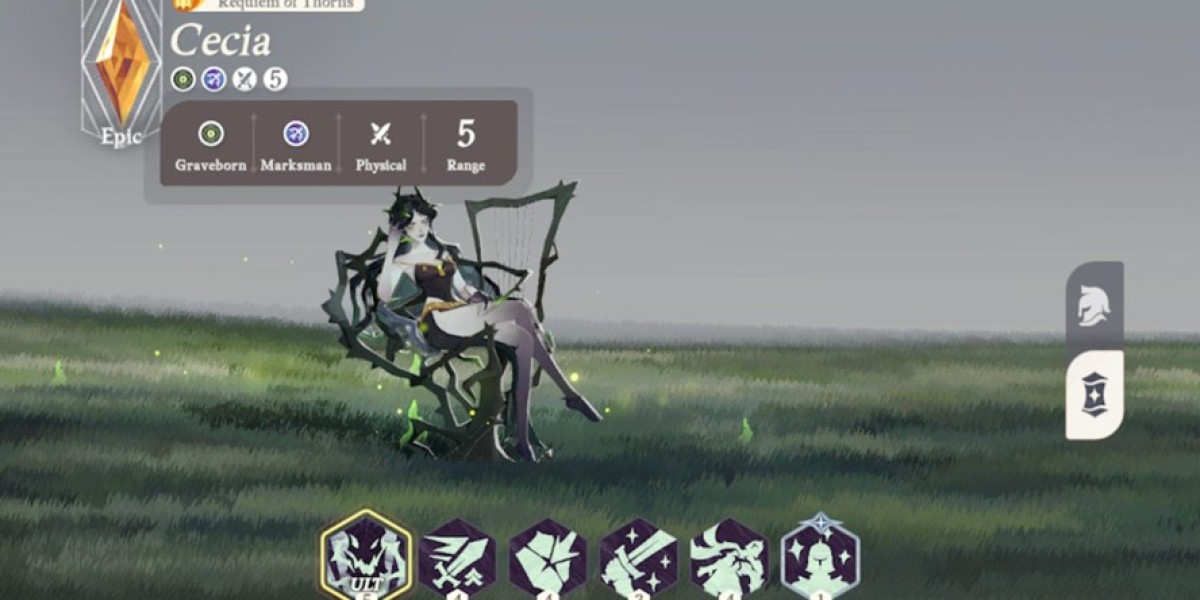The Psychological Toll of Chasing Currency
path of exile 2 Items, like its predecessor, features an intricate and rewarding currency system that plays a central role in shaping player progression. From Chaos Orbs to Divine Orbs and Mirrors of Kalandra, currency is more than just a tool for crafting and trading. It becomes the primary motivator behind countless hours of gameplay. While this dynamic economy offers depth and freedom, it can also drive compulsive behavior and fatigue. The pursuit of wealth in POE 2 often mirrors the patterns found in real-life grind culture, where productivity becomes synonymous with self-worth. This mindset, if left unchecked, can lead to mental exhaustion, decreased enjoyment, and eventual burnout.
Many players enter a new league with the goal of accumulating as much currency as possible, often comparing their progress to streamers or more experienced players. The early hours of a league are filled with high-paced farming routes, flipping items on the trade market, and strategic mapping. While this can be exhilarating, it can also create a sense of pressure. Missing out on early opportunities may feel like falling behind, pushing players to invest more time than they originally intended. This fear of missing out is a psychological stressor that encourages long, unbroken play sessions. Over time, this behavior can erode the enjoyment of the game, replacing it with anxiety and self-imposed obligations.
Balancing Productivity and Enjoyment
One of the most effective ways to combat burnout in POE 2 is to recognize the difference between productive play and compulsive grinding. Productive play involves setting manageable goals that align with personal enjoyment rather than competitive standards. For instance, deciding to farm for a specific unique item or crafting project offers a sense of purpose that is internally motivated. Compulsive grinding, by contrast, often stems from external pressures such as market fluctuations or leaderboard rankings. It becomes less about playing the game and more about keeping up appearances or meeting imaginary expectations.
To maintain balance, players can benefit from taking regular breaks and diversifying their in-game activities. Instead of repeatedly running the same high-efficiency map layout for currency, alternating between mapping, delving, and engaging with league mechanics can reduce monotony and stimulate interest. Exploring lore, experimenting with off-meta builds, or simply playing at a slower pace can make the game feel fresh and rewarding without the strain of optimization. These practices promote a healthier relationship with the game and help preserve mental energy for long-term engagement.
The Role of Community Expectations
Community culture in POE 2 often celebrates efficiency, wealth, and high-level play. Social media clips, YouTube guides, and Twitch streams showcase players acquiring rare items or generating massive profits in short periods of time. While these displays are entertaining and sometimes educational, they can also contribute to unrealistic standards. For casual or newer players, seeing others accumulate hundreds of Divine Orbs in the first week of a league may create feelings of inadequacy or frustration. It is important to remember that these examples are often the result of years of experience, deep game knowledge, and sometimes even external assistance from viewers or community members.
Setting boundaries within the community is vital. Players should feel comfortable playing at their own pace and not pressured to emulate high-end strategies that may not align with their lifestyle or skill level. Guilds and friend groups can foster supportive environments by celebrating diverse playstyles and encouraging rest. When the emphasis is shifted from raw currency gain to shared enjoyment, the social component of the game becomes a powerful buffer against stress.
Recognizing Signs of Burnout Early
Burnout in gaming often starts subtly. Players may begin to feel that logging in is a chore or that they are no longer enjoying the game despite continued participation. Emotional signs such as frustration, irritability, or a sense of emptiness after long play sessions should not be ignored. These indicators suggest that the game has stopped being a source of relaxation and has become another form of obligation. In POE 2, where complexity and commitment are high, it is easy to fall into a cycle where currency goals overshadow all other aspects of gameplay.
Recognizing these patterns early and making conscious changes can prevent deeper fatigue. This might include limiting playtime, setting non-currency goals, or even taking short breaks between leagues. Some players find that skipping the race for early currency accumulation and joining the economy later allows them to enjoy the game with less pressure. Others rotate between standard and league play to reset their mindset. Each player must find their own rhythm, but the key lies in awareness and self-care.
Healthy Currency Goals and Long-Term Engagement
poe 2 currency offers nearly endless content and a dynamic economy that can be thrilling to explore. The key to long-term enjoyment is to align in-game currency goals with mental health priorities. Setting realistic targets, playing with purpose rather than pressure, and embracing a flexible playstyle all contribute to a more sustainable relationship with the game. Rather than measuring success by the number of Exalted Orbs earned per hour, players can define success by how fulfilled they feel at the end of a play session. With mindful engagement and a willingness to adjust, it is entirely possible to thrive in POE 2’s grind culture without sacrificing well-being.








